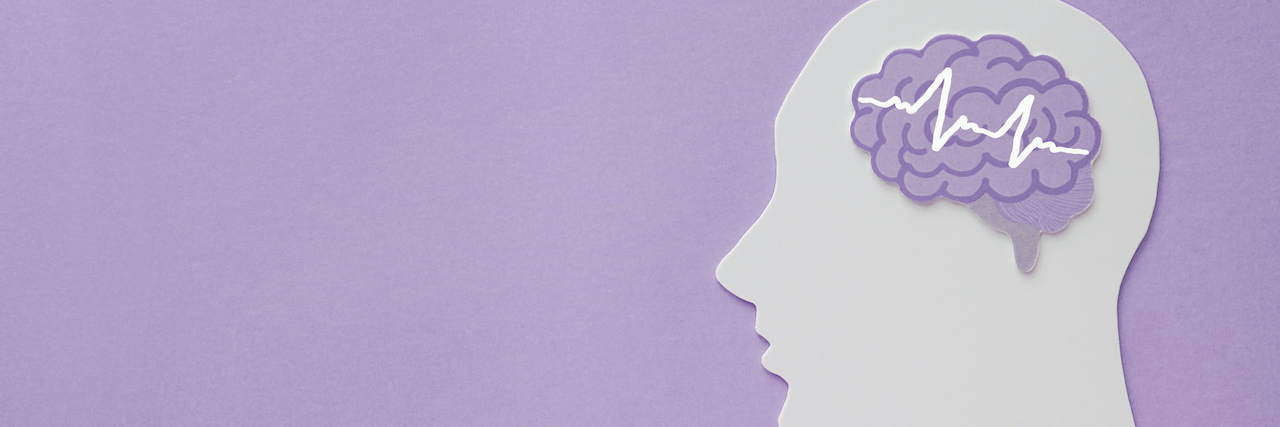What Research Is Telling Us About the Psychological Effects of COVID-19
A new study published in the journal Lancet Psychiatry on COVID-19 survivors suggests that one third of patients experience psychiatric or neurological disorders. The study, conducted on 236,379 survivors, revealed that 34% of patients received a neurological or psychiatric diagnosis within six months, 13% said it was the first neurological or psychiatric diagnosis. The most common disorders are anxiety, 17% and mood disorders, 14%.
Researchers note that 46% of patients who needed to be hospitalized and required intensive care were at higher risk of developing long-term psychiatric or neurological disorders, more data shows that 7% of hospitalized patients had a stroke and almost 2% developed a form of dementia.
Prof Sir Simon Wessely, Regius Chair of Psychiatry, King’s College London, said, “This is a very important paper. It confirms beyond any reasonable doubt that COVID-19 affects both brain and mind in equal measure.” More data suggests that the risk of neurological disorders and psychiatric disorder is higher, 44%, in COVId-19 patients compared to other respiratory tract infections. Co-Author of the study Dr. Max Taquet from the University of Oxford stated: “Our results indicate that brain diseases and psychiatric disorders are more common after COVID-19 than after flu or other respiratory infections, even when patients are matched for other risk factors.”
In 2020, the same researchers conducted a study which found that 20% of COVID-19 survivors presented a psychiatric diagnosis within three months. In February, a research conducted in a hospital in Rome found that 30% of the 381 patients who were part of the study experienced PTSD. Furthermore, in December, Neurology: Clinical Practice published a study which stated that COVID-19 could cause movement disorders and seizures, not just in advanced cases but moderate too. In October, another study showed that 4 of 5 patients who were hospitalized with COVID-19 suffered from neurological symptoms such as confusion, dizziness, muscle pain, headaches and loss of smell or taste. A similar study conducted in Wuhan showed that 36% of patients had neurological symptoms.
Lea Milligan, CEO of MQ Mental Health research said: “This is contributing to the already rising levels of mental illness and requires further, urgent research.” Experts are concerned about the impact that this will have on the healthcare system; Dr. Harrison from Oxford University and author of the research, underlined the importance of providing adequate resources to healthcare systems which are already struggling coping with the pandemic: “Although the individual risks for most disorders are small, the effect across the whole population may be substantial for health and social care systems due to the scale of the pandemic and that many of these conditions are chronic, As a result, health care systems need to be resourced to deal with the anticipated need, both within primary and secondary care services.”
Getty image via ThitareeSarmkasat

